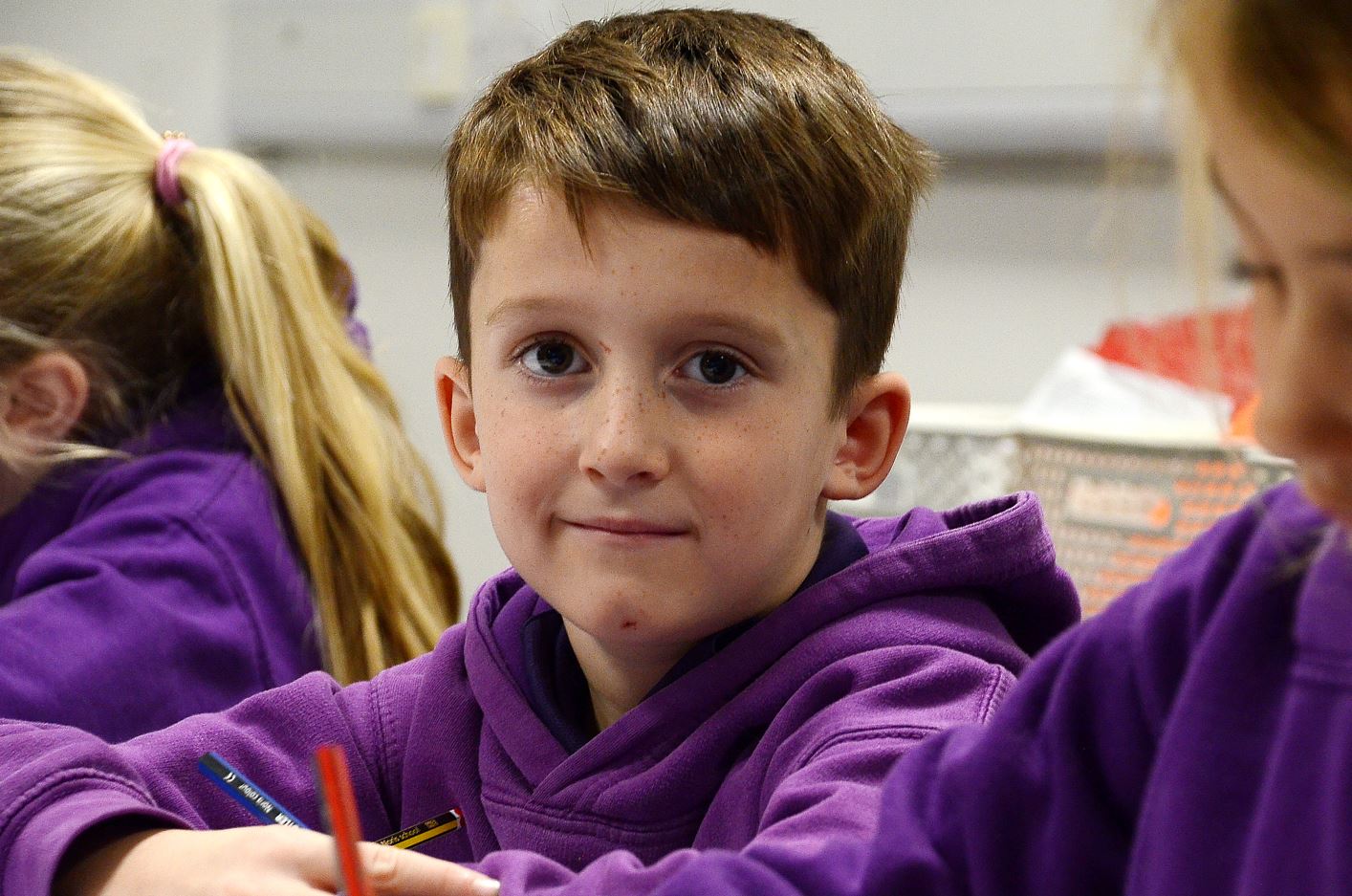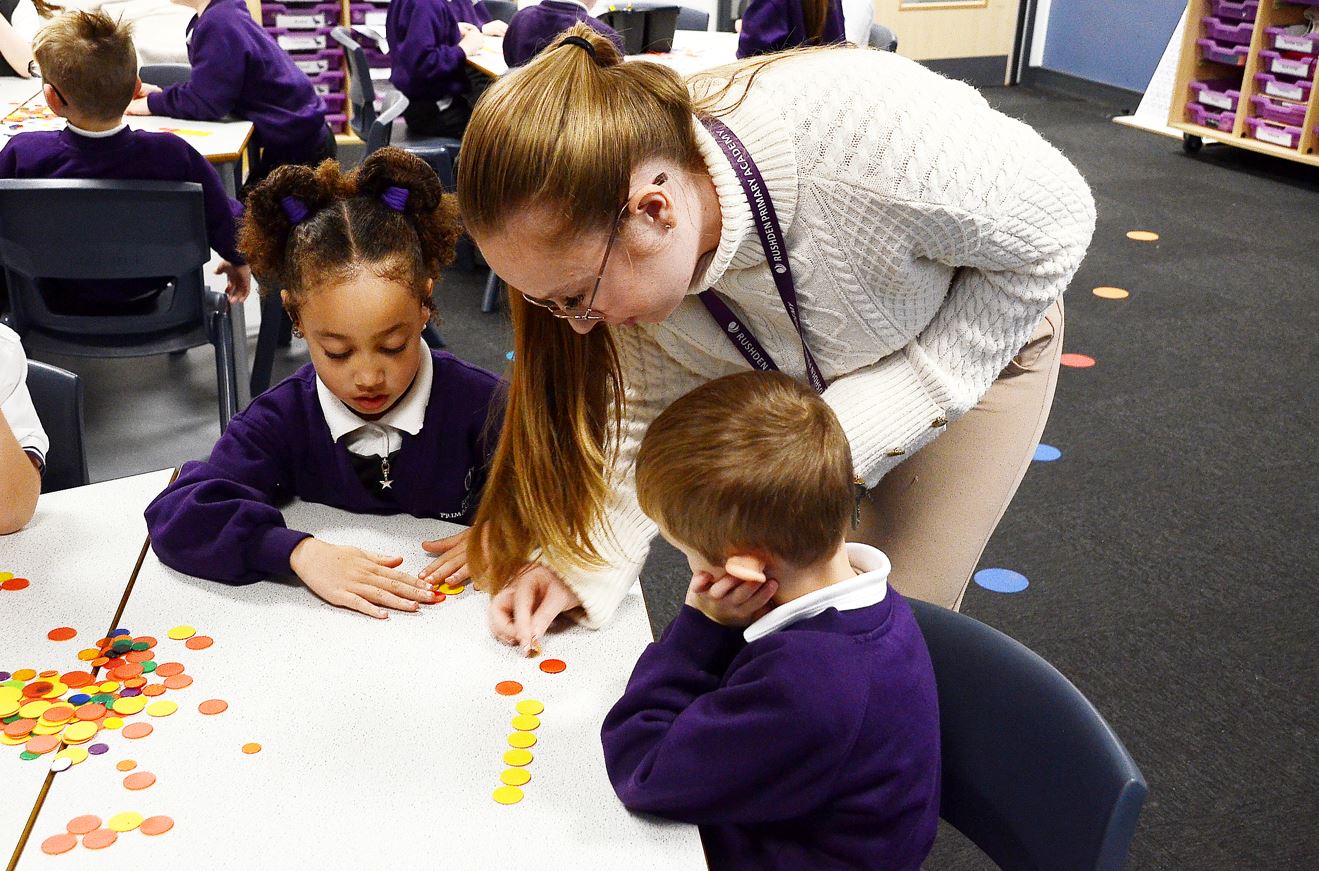Data Protection
We take very seriously our obligations in regard to handling the personal data of our pupils and their families. In particular, we have well-established protocols for ensuring that you are able to access the data we hold on you in line with your rights under the General Data Protection Regulation.
Please click here for more information, including details of how to make a Subject Access Request and copies of our privacy notices. If you would like to speak with someone in the academy about a data protection issue, please contact Caroline Wright via the academy office.


